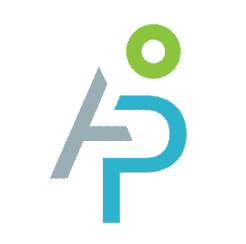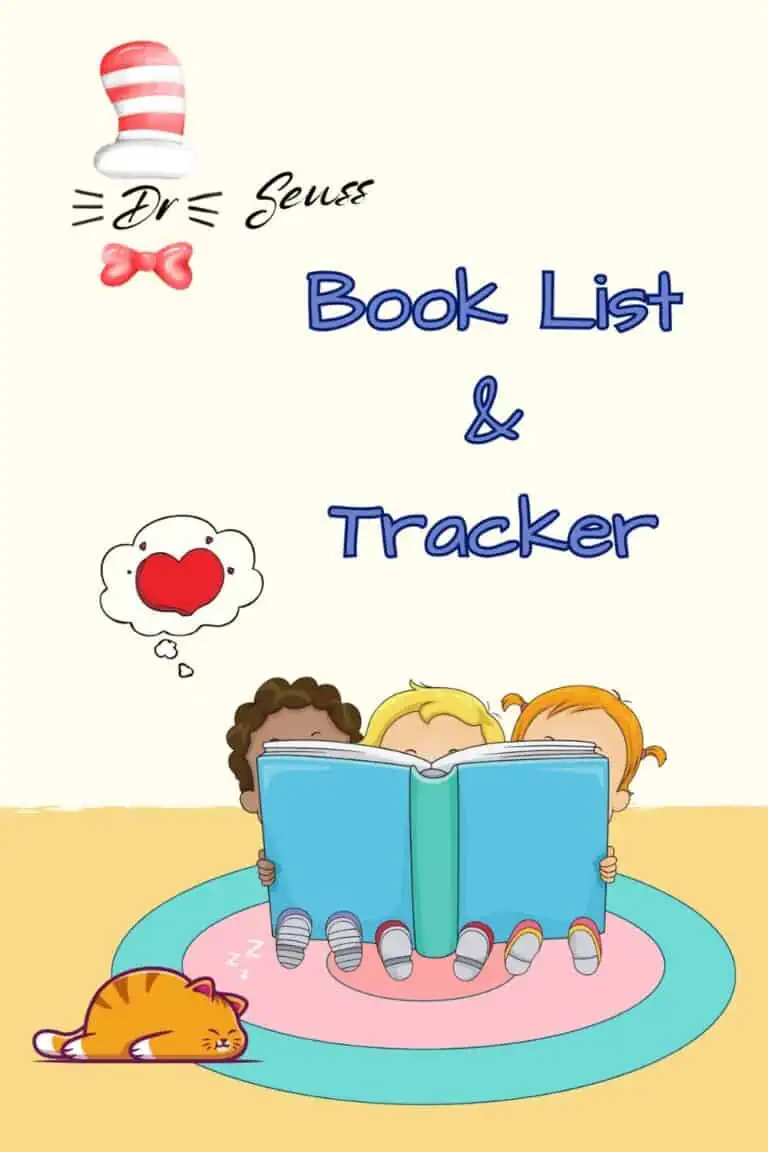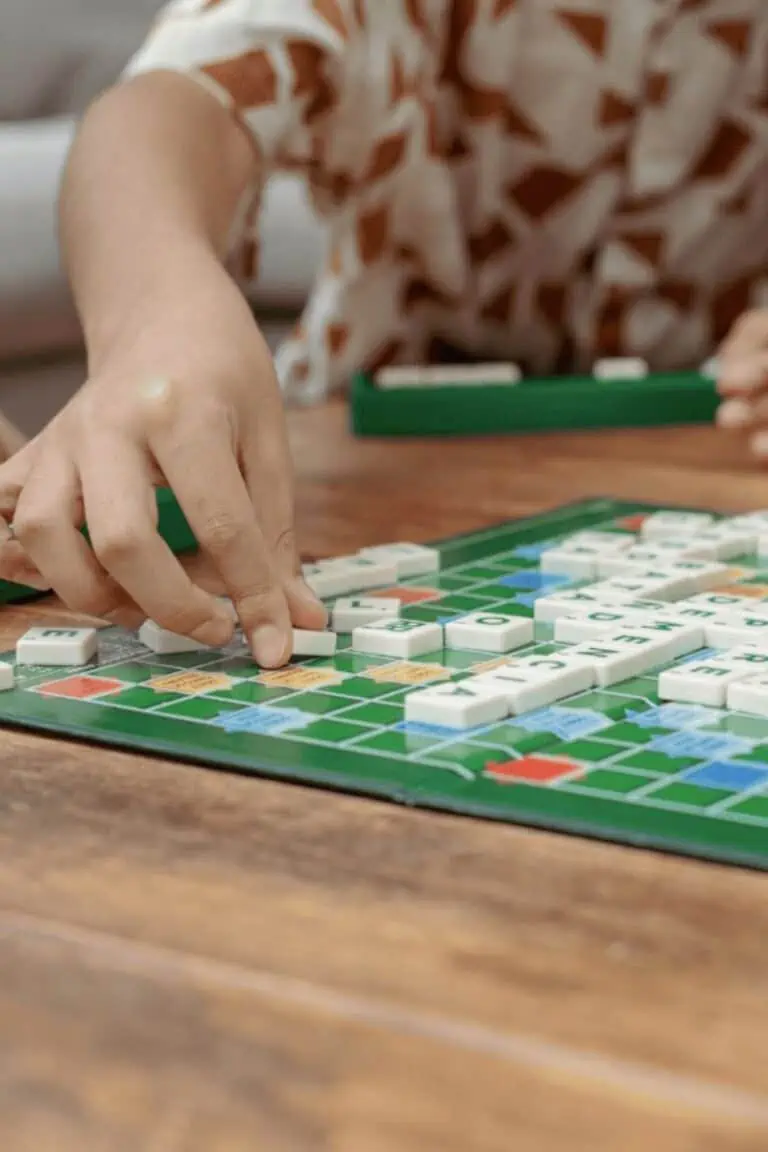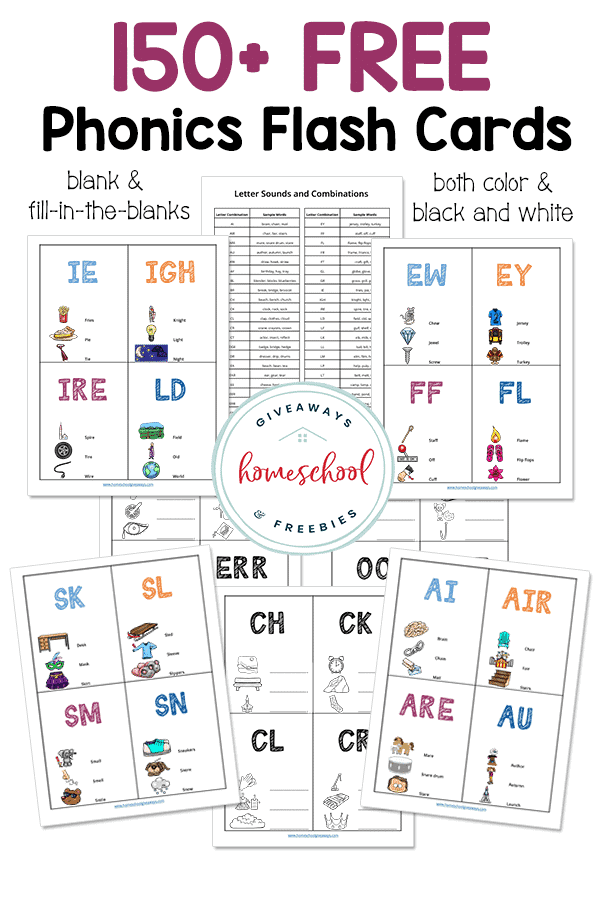Finding Good Books for Your Child’s Reading Level
Published:
March 21, 2022

Contributor:
Alpha Omega Publications
Disclosure: This post may contain affiliate links, meaning if you decide to make a purchase via my links, I may earn a commission at no additional cost to you. See my disclosure for more info.
It’s important to sufficiently challenge our kids in our homeschools without overwhelming or frustrating them. That’s why it’s important to know your child’s reading level and choose good books to fit the stage they’re in. Let’s talk about how to go about doing this. Plus, we’ll discuss how to find the books you need.
How do I determine my child’s reading level?
When you set out to determine your child’s reading level, you first need to define terms that are related but also important to distinguish from each other. Those words are fluency and comprehension.
Fluency and Comprehension
What is fluency? That’s the degree to which your child can read the text easily without many mistakes. Comprehension is the understanding of what they are reading. Comprehension refers to the ideas or main points of a reading passage. If your child can read fluently but still not understand what they are reading, then you would want to choose books at a lower reading level to make the experience more enjoyable and not frustrating.
Leveled reading provides one strategy for improving reading fluency and comprehension. It provides a helpful tool in determining your child’s reading ability and current reading level. But it’s also a great way to encourage young children to grow at their own pace.
Various Reading Level Systems
While there are four popular systems for determining different reading levels: Guided Level Reading, Accelerated Reader System, The Developmental Reading Assessment System, and the Lexile® Framework.
Guided Level Reading
Guided Level Reading is the most popular system for determining reading levels. This system uses the alphabet to divide books into the right levels for students to read. So, Level A would be the easiest books for your early reader. The books they continue to get more challenging until you reach the most advanced readers at Level Z. Your child might progress through several levels of this system in one school year.
The benefit of using this system is that it doesn’t correspond neatly to traditional grade levels in school. So, the goal is to keep your child progressing into more difficult books, but they don’t ever have to feel behind. Many libraries use the Guided Level Reading system, and it is very user-friendly.
Accelerated Reader System
The Accelerated Reader system corresponds to grade level but also difficulty level. The first number used is related to the grade level. The decimal is on a scale of one to ten, with ten being the most difficult. So, a book that is leveled at 3.8 would mean that it’s a third-grade book but the difficulty is one that would be more appropriate toward the end of the third grade year. The easy books for that grade level would have a lower decimal designation.
The Developmental Reading Assessment System
The Developmental Reading Assessment system is used by many school districts, but this system is more confusing to understand. Most homeschool families likely won’t dive into using this system.
Lexile Framework
Another less popular option is the Lexile Framework. Again, this system can be confusing, but the higher the Lexile measure, the more difficult the reader. For example, a second grade reading level would correspond to a 107L-1080L Lexile level while a sixth-grade reader would fall between 855L-1165L.
So between these four different systems, many homeschool parents will likely find the Guided Level Reading option to be the easiest to use. The Accelerated Reader System is also easy to understand.
Gauging Your Child’s Reading Level
So now that you understand the general guidelines for leveled text used by educators, you can figure out the best books for your child’s reading ability.
Find a couple books from the library that are right around what you think your child’s reading level is or should be. Then sit down together and try each one. If your child is making a lot of mistakes in a certain book, then that would be a clue that you should level down the reading a bit. On the other hand, if your child is fluent and comprehending what they are reading, that’s a good indication that you could probably level up their reading.
The Five-Finger Rule
One strategy to check for fluency is to use the five-finger rule as your child reads through a page. That means that once your child makes five mistakes while reading a page, you know that the book is not at the student’s reading level. In order to keep your child growing and confident in their reading abilities, you’ll want to choose another book at the appropriate level.
Reading Comprehension
You can gauge a child’s level of reading comprehension by asking them a few questions about the text after they read and see if they understood the selection. This practice of dialoging about the story will help improve your child’s reading ability as you ask comprehension questions about the text.
What are some questions you can ask your child? Here are some ideas:
- What do you think will happen next?
- Why do you think the character did that?
- What happened in the beginning/middle/end of the story?
You can also use online reading assessment tools like an automatic readability checker and other reading test options to help you determine your child’s reading level.
How do I find good books for my child’s reading level?
Homeschool families know that each child is unique and as long as they are progressing, you shouldn’t stress out about whether or not your child is reading “at grade level.” Some children will progress slowly in their reading abilities. Others will jump forward several levels very quickly once it all clicks in their brain.
The goal for homeschool families is to give your child books at just the right reading level that will challenge them sufficiently while not frustrating them. And then continue to provide more challenging material to read as they gain confidence and ability in their reading skills.
Choosing Good Books
The best advice is to let your child choose a book that interests them. You want them to look forward to reading and not to dread it! Even if the book is slightly below their actual reading level, building confidence and joy in reading is probably more beneficial to you than forcing them to read at their exact level. Children that learn to love reading will naturally keep pushing themselves forward into more challenging books. This in turn will naturally grow their reading abilities.
Parent’s Role
As your child grows in their reading abilities, there are several things that you can still do to help them along. One excellent tip is to engage in dialog with your child about what they are reading. If your child is still reading picture books, ask them questions about the pictures and how they relate to the story.
The important thing to remember is that you have an important role in growing your child’s reading capabilities. Read-alouds are valuable. The beauty of family read-alouds is that you can read books that would be too challenging for your child to read on his own, yet he can still enjoy the storyline and grow in his comprehension and vocabulary.
But you’re not alone! Talk with the local librarian to find the best books for your individual child. Librarians love to suggest new books for a range of readers and abilities.
Tips for Raising Kids Who Love to Read
If you want to grow lifelong readers in your home and encourage reading, then consider several of these strategies. There are a variety of ways to raise proficient readers.
Use your space to encourage reading. If you can create a cozy area where your child is free to curl up with a good book, then you’re on the right path to growing a lifelong reader.
Make Time for Reading
Make time for reading. When your child knows they can read without being interrupted to “do school,” then they’re more likely to grow into a reader. Let them see you reading for pleasure as well. Make reading an enjoyable experience rather than a school subject to be dreaded.
Reading familiar books is okay. Some kids love to re-read their favorite books. Don’t discourage this! It can actually give them more confidence and allow them to become a better reader, even if it’s they’ve read it 20 times before. Struggling readers can especially benefit from re-reading familiar books.
Encouraging Reading
Finally, grow lifelong readers by encouraging your kids to read when they’re waiting at an appointment with you or subscribe to age-appropriate and interesting magazines to encourage your budding reader. It doesn’t always have to be a book to keep your child reading! Play word games too, as this will help grow reading skills.
So, while you determine the independent reading levels of your children and look for the best children’s books for your homeschool, keep your focus on raising kids who love to read.









